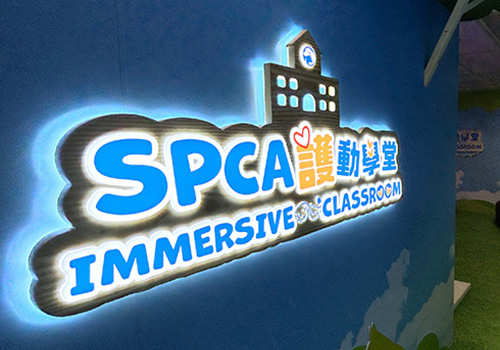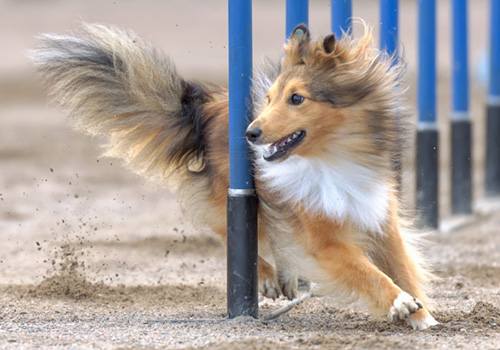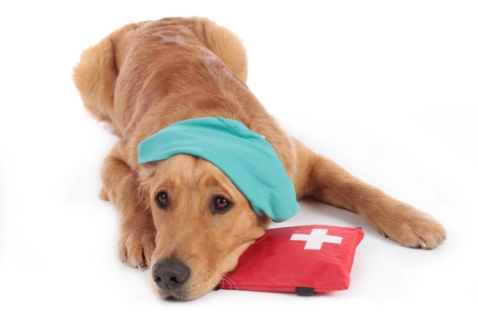Obesity control
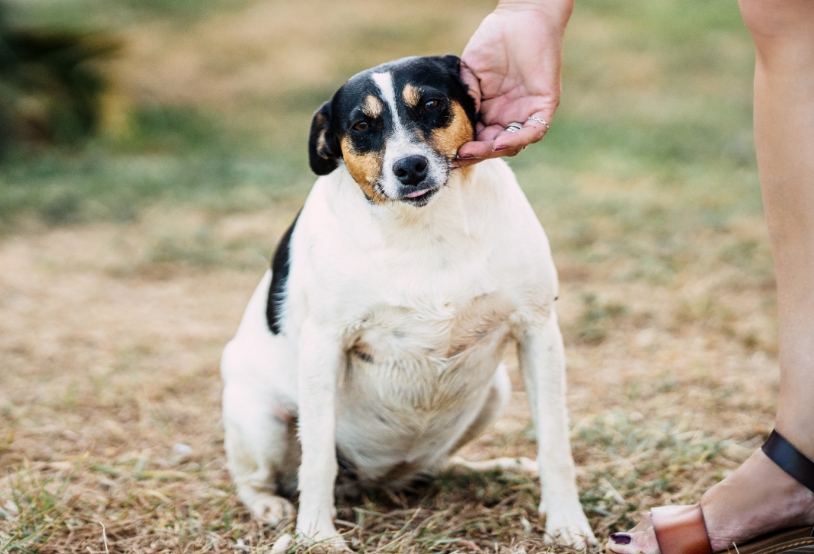
Obesity is a term for any animal which weighs 15% more than it should. Just as with humans, it is not cute and carries significant health risks. And, again just like humans, obesity is a disease that predisposes your pet to many other diseases, including:
- Diabetes;
- Heart disease;
- High blood pressure;
- Arthritis;
- Heat intolerance;
- Fatty liver;
- Increased surgical/ anaesthetic risk;
- Decreased resistance to common diseases; and
- Slower recovery from illness.
Overfeeding your pet does it no good at all; every extra calorie is shortening your pet’s life. Your whole family, including children and domestic helpers, need to be aware of the importance of your pet’s diet.
Feeding your pet appropriately
- It is better to provide two to three small meals a day. This increases your pet’s metabolic rate and so increases the rate of weight loss;
- ONLY give water to drink. It is a common misconception that cats need milk; in fact dairy products cause gastro-intestinal disease in many cats;
- Give your pet attention that is non-food related with more exercise and more games. Cut down the number of treats;
- Ask your vet for a target weight and monitor your pet’s weight weekly. This will give you an idea of progress, and the motivation to keep going. It will also provide the basis for your vet to give further advice. Be committed to the weight loss program;
- Your vet can advise you which diet is most suitable for your pet. This might be a commercially available diet or, in more severe cases, a prescription weight reduction diet;
- A prescription weight reduction diet has fewer calories but appropriate concentrations of essential proteins and fatty acids, minerals and vitamins. If you attempt to treat obesity by feeding reduced amounts of a normal diet, you may cause deficiency diseases in your pet.
Score your pet’s body condition by downloading the Hill’s Body Condition Guide and download our obesity information sheet here.
Preventative Pet Health
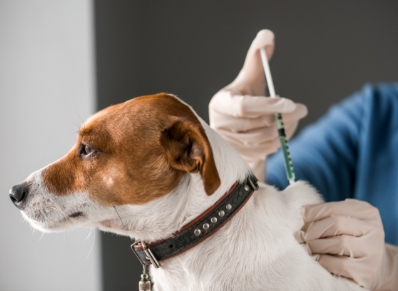
Vaccination
Vaccination protects your pet against highly infectious and sometimes fatal diseases. It is particularly important for young animals not only because their immune systems are not fully developed but also so they can be socialised to ...
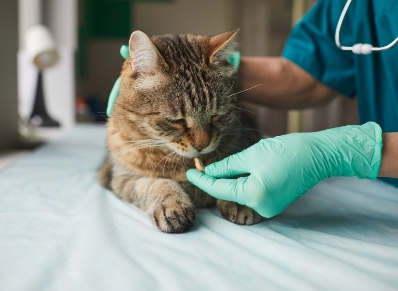
Deworming
Parasitic worms are as common as fleas to your pet, especially in puppies and kittens. From one centimetre hookworms to metre-long flat tapeworms, they can also be transmitted to people in some instances ...
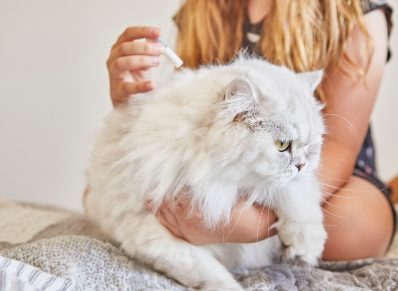
Flea and tick control
Fleas and ticks are very common in the warm, humid climate of Hong Kong. They can cause a variety of conditions from skin disease and allergies to severe anaemias. Control of these pests is therefore important for the welfare of your ...
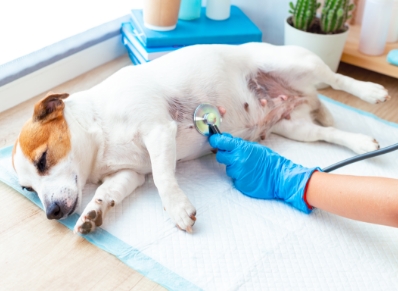
Heartworm prevention
Heartworm is a parasitic roundworm carried by mosquitoes. It can infect dogs, cats and other animals, though rarely humans, and with our warm, humid climate is a significant threat to animals in Hong Kong ...
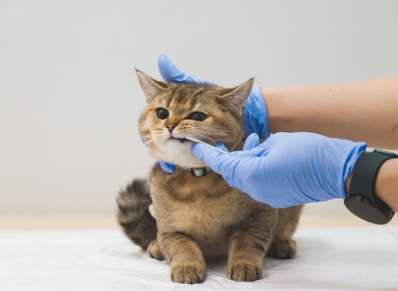
Dental care
Dental disease is one of the most common problems in domestic pets with symptoms including bad breath, swollen gums, loose teeth, drooling and pain when eating. Here are a few things we can do to help animals maintain oral hygiene ...
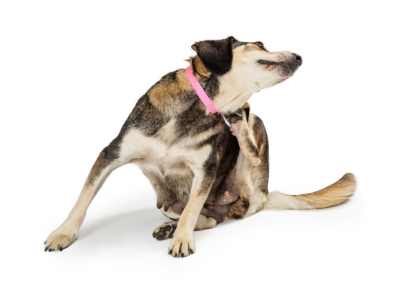
Skin disease
Skin disease affects thousands of dogs and cats every year, ranging from minor “hot spots” to extremely debilitating long-term skin problems. This is particularly the case in Hong Kong’s hot, humid summers but it can occur at any ...

Obesity control
Obesity is a term for any animal which weighs 15% more than it should. Just as with humans, it is not cute and carries significant health risks. And, again just like humans, obesity is a disease that predisposes your pet to many ...
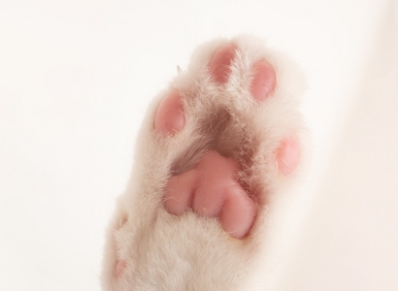
Healthy Paws Lifestyle Campaigns
The SPCA is committed to animal welfare and providing quality veterinary care. In recent years we have run several campaigns to promote a healthy lifestyle not just for pets but people too. After all, a healthy pet means a happy ...
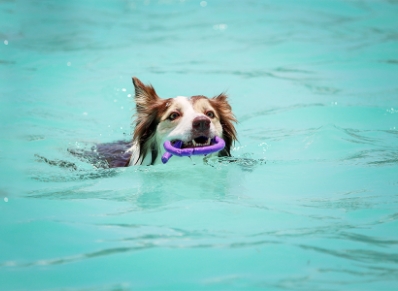
Underwater Treadmill
We are grateful to Mrs Diana Wu, alongside Sasha and Andrew Benadie, for their generous sponsorship that has allowed us to install an underwater rehabilitation treadmill at our Hong Kong centre, the first of its kind in Hong Kong ...

